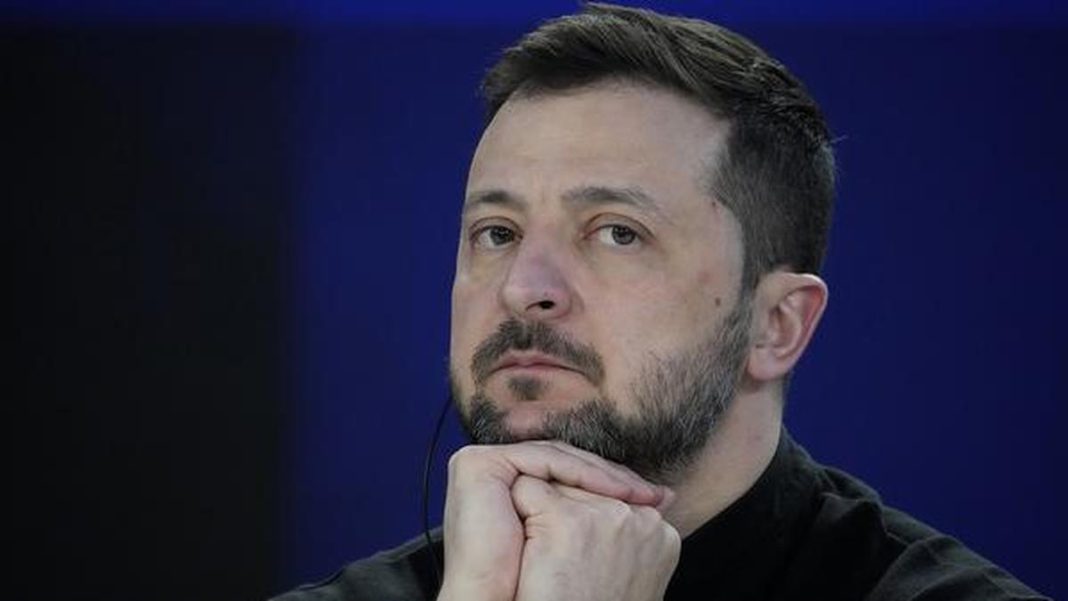The protracted conflict in Ukraine continues to cast a long shadow, bringing immense human suffering and geopolitical instability. Amidst the daily reports of hostilities, glimmers of humanitarian effort occasionally emerge, offering a fragile hope for those directly impacted. One such area of continuous focus for Ukraine has been the return of its captured citizens and soldiers. In a recent development that has drawn attention, Ukrainian President Volodymyr Zelenskyy affirmed that Ukraine is actively engaged in efforts to facilitate further prisoner exchanges with Russia.
Ukraine’s Unwavering Commitment to its Captives
President Zelenskyy’s statement, delivered during one of his characteristic evening addresses, underscored Kyiv’s persistent commitment to bringing its people home. He emphasized that the issue of prisoner exchanges remains a top priority for his administration, highlighting the emotional and moral imperative behind these complex negotiations. For thousands of families across Ukraine, the fate of their loved ones captured during the conflict is a source of constant anguish, making every announcement regarding potential exchanges a moment of intense anticipation. These humanitarian missions, though often shrouded in secrecy due to their sensitive nature, are a testament to the persistent diplomatic and logistical efforts undertaken by Ukrainian authorities.
The specifics of the ongoing negotiations are rarely disclosed publicly, a necessary measure to ensure their delicate progress is not jeopardized. However, Zelenskyy’s reiteration serves as an important reassurance to the Ukrainian populace and the international community that these efforts are ceaselessly underway. Ukraine has consistently leveraged various international platforms and intermediaries to advocate for the return of its citizens, including both military personnel and civilians arbitrarily detained by Russian forces. The sheer scale of the conflict means that the number of individuals requiring exchange is substantial, presenting a monumental task for negotiators.
The Complexities of Prisoner Exchanges Amidst War
Facilitating prisoner exchanges during an active military conflict is an extraordinarily complex undertaking, fraught with immense challenges. These exchanges are not merely logistical operations but intricate diplomatic maneuvers, often requiring the involvement of third-party mediators such as the International Committee of the Red Cross (ICRC) or other humanitarian organizations. Both sides must agree on the lists of individuals, the terms of release, and the mechanics of the exchange itself, which often takes place in demilitarized zones.
Historically, Ukraine and Russia have conducted several large-scale prisoner exchanges since the full-scale invasion began in February 2022. Each exchange, regardless of its size, represents a significant diplomatic achievement, providing a rare instance of direct humanitarian cooperation amidst fierce fighting. However, these agreements are often preceded by protracted negotiations, mutual accusations, and significant trust deficits. The ongoing conflict only exacerbates these difficulties, as the geopolitical stakes remain incredibly high.
President Zelenskyy himself acknowledged the arduous nature of these efforts. Speaking on the matter, he reportedly stated, “We remember every person held captive. This is a constant priority for us. We are working on new prisoner exchanges to bring home all our people – both military and civilians – from Russian captivity.” This statement encapsulates the profound human dimension underlying these exchanges, distinguishing them as critical humanitarian initiatives rather than mere bargaining chips in a broader geopolitical game. India, which has consistently called for a cessation of hostilities and a return to dialogue, views such humanitarian gestures as crucial steps, however small, towards de-escalation and the alleviation of human suffering.
Hope for De-escalation Through Humanitarian Channels
While prisoner exchanges do not signal an immediate end to the conflict, they represent one of the few avenues through which direct communication and limited cooperation can occur between the warring nations. These humanitarian gestures are often seen by the international community, including nations like India which advocate for peaceful resolutions, as vital for maintaining some semblance of humanity and preventing complete diplomatic stagnation. Each successful exchange not only reunites families but also potentially lays a minuscule foundation for future, broader engagements, even if purely on humanitarian grounds.
The continued efforts by Ukraine, as affirmed by President Zelenskyy, underscore the unwavering commitment to its citizens and the recognition that even in the darkest hours of conflict, humanitarian principles must prevail. As the world watches, these painstaking negotiations offer a fragile but persistent hope that more lives can be spared the agony of captivity and reunited with their loved ones, serving as a reminder that even in the midst of war, the pursuit of human dignity remains paramount.




